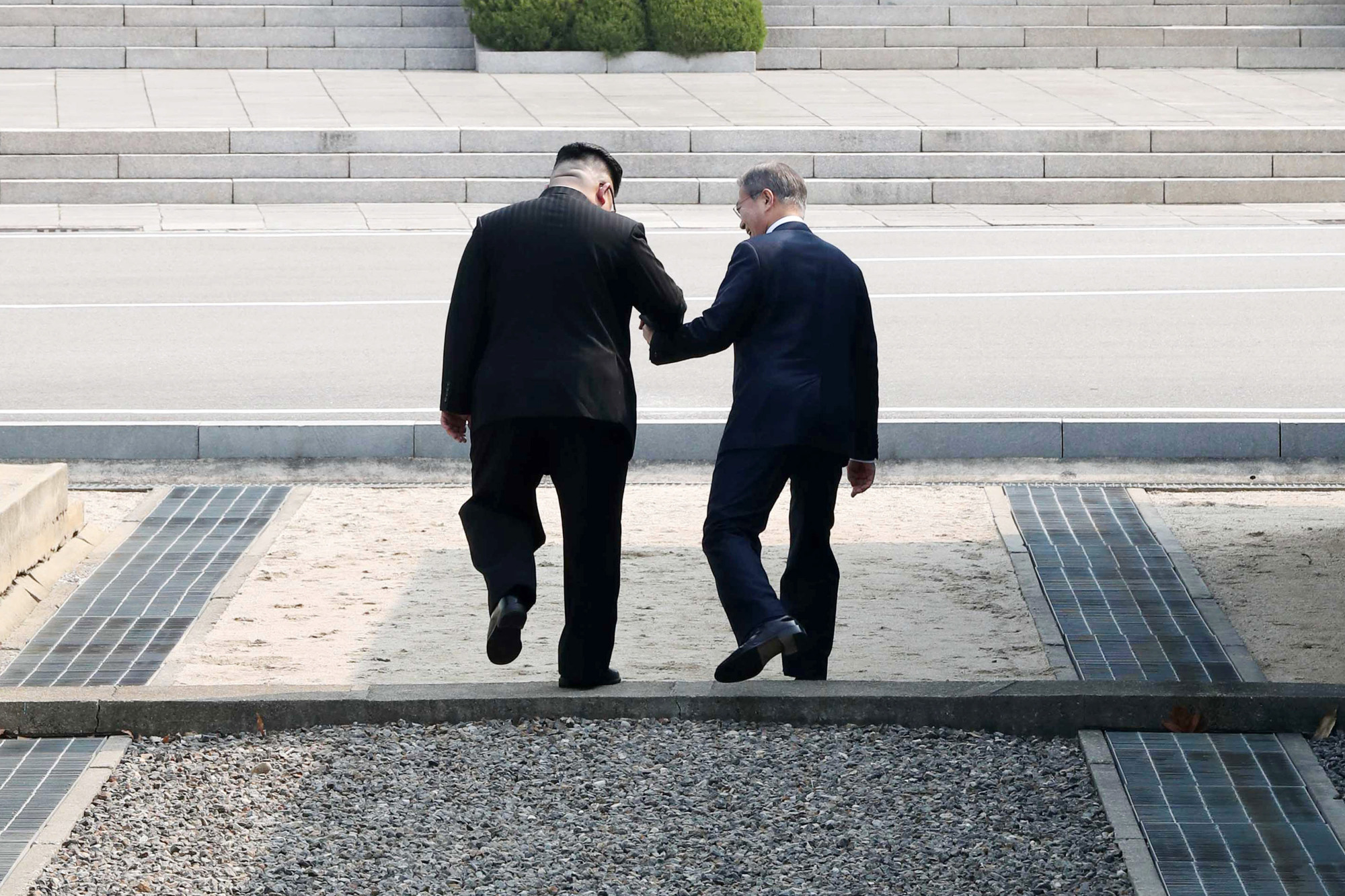Last Oct. 30, South Korea's Supreme Court ruled that Japanese steel-maker Nippon Steel & Sumitomo Metal Corp. should compensate four colonial-era laborers 100 million won ($87,680) each. According to South Korean government data, Imperial Japan conscripted around 780,000 Korean laborers during its 35-year occupation. Tokyo maintains that all historical compensation issues between the two nations were settled under the 1965 treaty that re-established diplomatic relations and offered $800 million in grants and loans.
On Jan. 9, Tokyo requested diplomatic consultations with Seoul after a South Korean court approved the seizure of Nippon Steel & Sumitomo Metal Corp.'s domestic assets, calling the move "extremely regrettable." South Korean President Moon Jae-in replied in his Jan. 10 New Year's address that many South Koreans felt the 1965 treaty did not fairly compensate individual victims. Moon claimed that such views were "not created by the government but by unfortunate history," and "we should respect the court ruling."
Respecting the court ruling is a normative claim, which reasonable people may disagree with. However, the claim that such views were "not created by the government" is an empirical one that is demonstrably false. Since the United States replaced the pro-Japanese colonial regime with an anti-Japanese, anti-communist one (Syngman Rhee, 1948-1960), ruling parties in South Korea have continuously promoted a biased, selective view of neighboring countries while censoring views to the contrary.


















With your current subscription plan you can comment on stories. However, before writing your first comment, please create a display name in the Profile section of your subscriber account page.